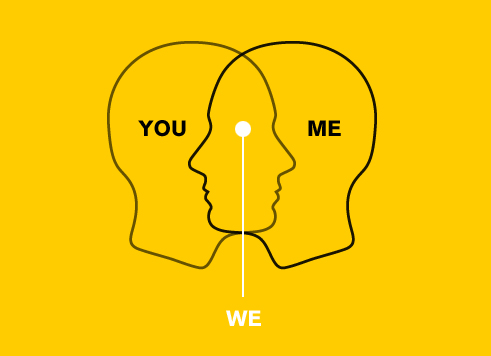By Rachael Lussos
What is Low Stakes Writing, and Why is it important?
Low stakes writing and writing-to-learn activites (see table 1) include assignments such as in-class writing exercises, ungraded activities, and reflective writing opportunites. Table 1 poses the characteristics of low stakes and writing-to-learn activites in contrast to high stakes writing activites, which includes assignments like independent research and scientific papers, essay exams, and writing assignments that carry a high percentage of a final grade.



